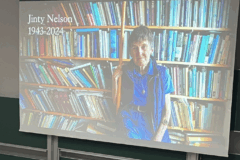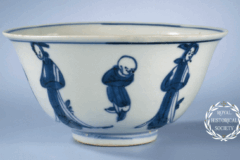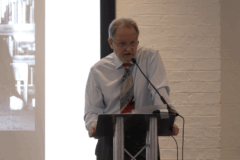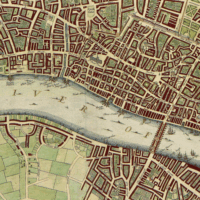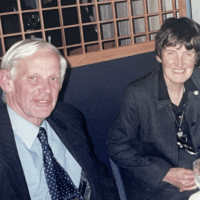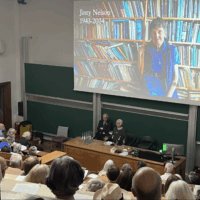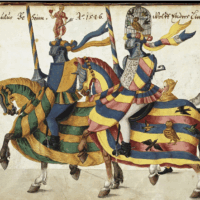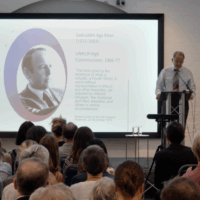- ADVOCATES for historians and the value of history
- BUILDS connections between historians of all kinds
- CELEBRATES the diversity of our historical communities
- CHAMPIONS environments in which history may flourish
- FACILITATES historical enquiry through funding and publishing
Latest from the Blog
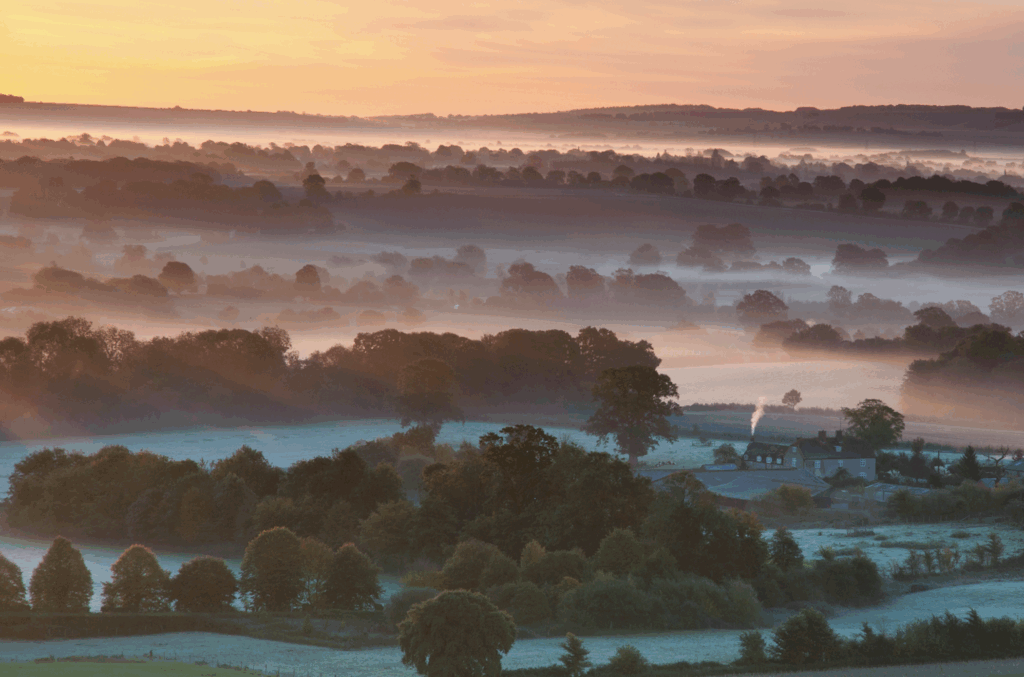
Four Suggestions for the Future of (Environmental) History
In April 2023, eighteen scholars from a range of disciplinary backgrounds in the humanities, natural and social sciences came together for a one-day workshop to study past environmental change and its effects on human societies. Selected conversations from this workshop have recently been published as 'The Future of (Environmental History', a roundtable article in 'Transactions of the Royal Historical Society'. To mark publication, Alex Hibberts identifies four suggestions for the future of (environmental) history that arose from the workshop. These proposals consider historians' contribution to environmental debate, the skills required by historians to consider questions of environmental change, and the need to approach environmental history as more than a sub-field of historical research.
Read more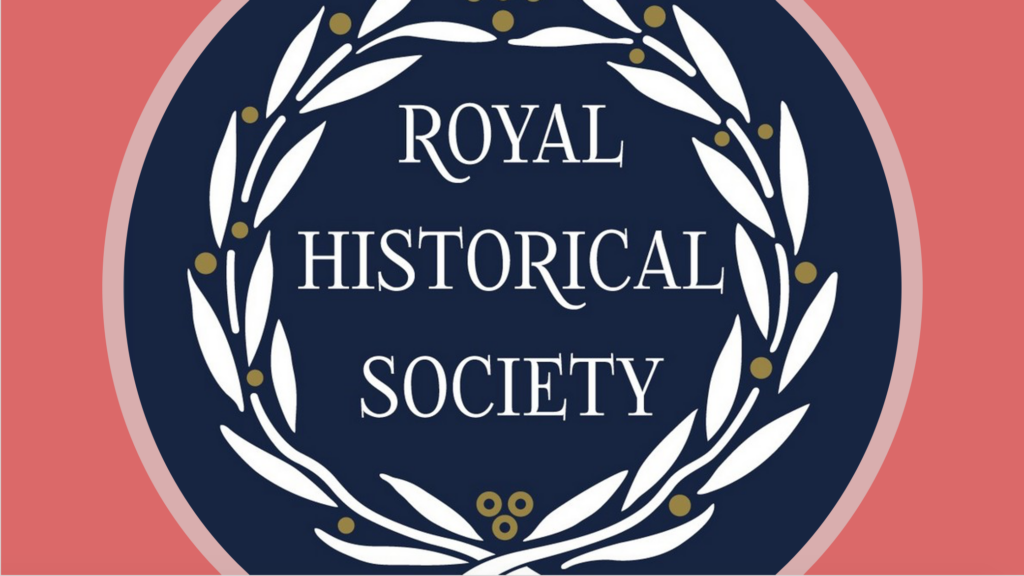
RHS Elections 2025: Insights into the Society’s Council and the role of Councillors
Each year the Royal Historical Society holds elections to appoint three current Fellows as new members to its Council. The Council is the Society’s governing body, with responsibility for the objectives and work of the RHS. The election round for 2025 is now open, with an invitation to all RHS Fellows to submit nominations to stand in this year’s ballot. All Councillors are Fellows of the Society, and those seeking election must also be current Fellows. If you’re a Fellow, and interested in standing for election, this brief commentary offers an insight into the Council, and the activities and experiences of five current Councillors. We hope this answers the questions you might have before submitting your nomination before the closing date of Friday 11 August.
Read more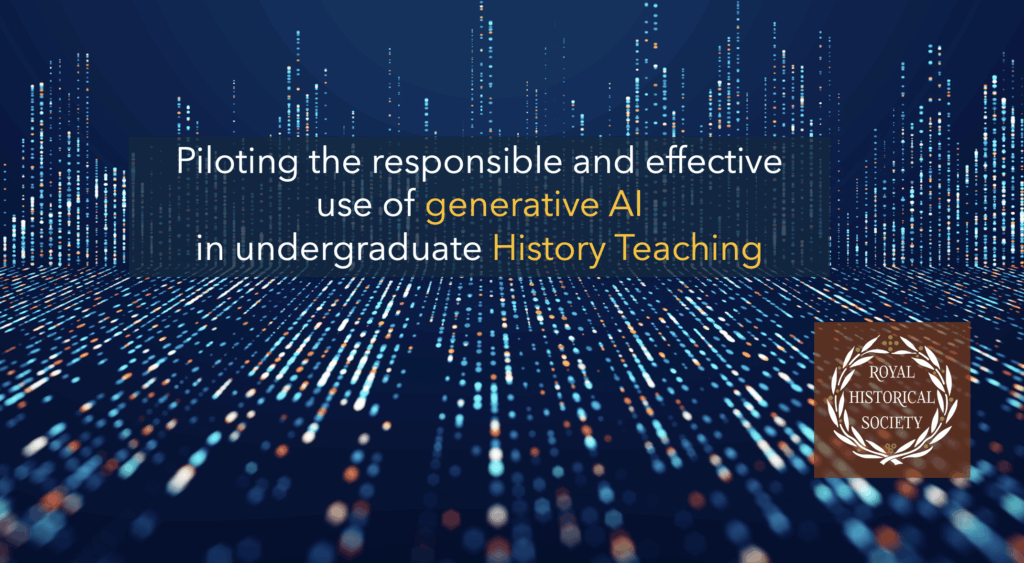
Piloting responsible and effective use of generative AI in undergraduate History Teaching
How do UK history undergraduates routinely use generative AI in the classroom? In this post David Clayton, Henrice Altink and Esther Wright (University of York) review the findings of their recent research project: 'Piloting the responsible and effective use of generative AI in undergraduate History Teaching'. This project asked students to answer a seminar question and to generate ideas for an undergraduate dissertation using Gen AI. The study succeeded in making students aware of the shortcomings of using certain forms of generative AI in the teaching of history as a substitute for acquiring and applying specialist historical knowledge. It recommends that these activities are integrated into teaching practice and that teachers of history experiment with other forms of generative AI to support deeper student learning.
Read more
